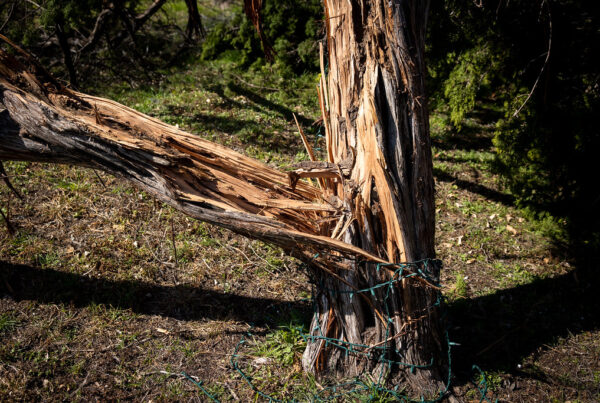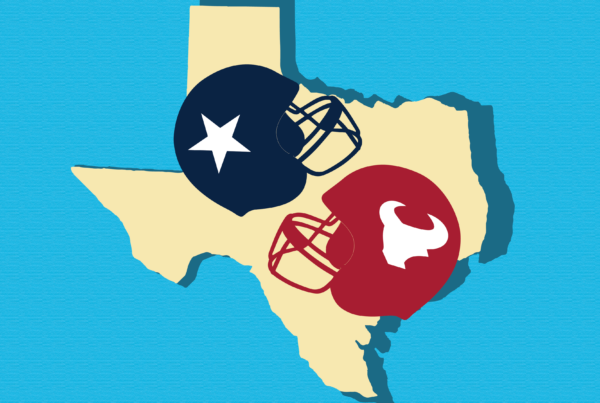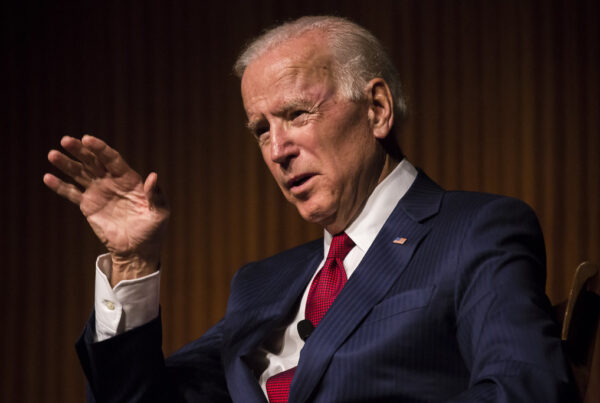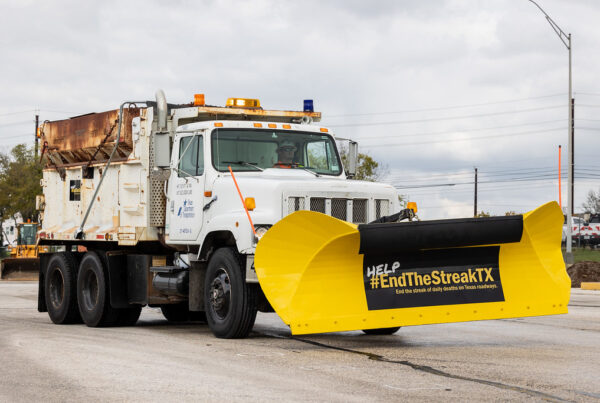For years now, the State of Texas has been busing migrants from the border to other cities across the country as a part of Operation Lone Star. This has garnered lots of criticism and some copycats, like Florida Gov. Ron DeSantis.
But according to a CBS News investigative report, Texas was initially cooperating with a nonprofit immigrant group along the border for these busings – until abruptly refusing to share coordinating details in September.
Manuel Bojorquez, a national correspondent for CBS, spoke with the Texas Standard about what he learned from his investigation.
This transcript has been edited lightly for clarity:
Texas Standard: You spoke with Tiffany Burrow, who runs a nonprofit in Del Rio. Who is she, and how did she initially get involved with Operation Lone Star?
Manuel Bojorquez: She runs the Val Verde Humanitarian Border Coalition in Del Rio, and we’ve spoken to her in years past in covering immigration and covering the larger numbers that have been coming into that area. She’s always shied away from the spotlight, has never wanted to sound political, so we thought it was significant that she wanted to sit down with us and talk about what she viewed as really problematic things with Operation Lone Star.
A little history here: Del Rio has no overnight shelter. She runs this migrant processing center where she tries to help them figure out their next step. So when the state approached her in April 2022 and said, “look, we have these busses that will be free for migrants, so we’re going to move them north,” she actually thought it was a good thing.
She realized right away that they were not, however, trying to coordinate with cities or nonprofits in those other cities that the migrants were headed to.
So you report she really got involved with the Texas Department of Emergency Management in an effort to make this process less chaotic. What were some of the changes that the state agreed to with her?
So under her watch, or when she was partnering with the state and TDEM, as you mentioned, the emergency management officials who are running this, she basically would just take the information from them and communicate it on her own.
So the first person she reached out to was a woman who runs a nonprofit in Washington, D.C., Amy Fischer. She said, “look, I’ve got a bus headed to you. We’ll probably be there in this many hours.” And then Amy Fischer was able to coordinate with nonprofits, churches, etc., to try to receive the migrants that were coming off those buses.
When other cities were added on, she and Amy would find another nonprofit in, say, Denver or Chicago, so that they could communicate with each other. All of that information, according to Tiffany Burrow, was coming from the state, and it was information she was getting from the state and was able to coordinate with all these nonprofits. So it became this almost unofficial network.
But in September 2023, she says the state came to her and said they would no longer be providing her with that information.
» GET MORE NEWS FROM AROUND THE STATE: Sign up for Texas Standard’s weekly newsletters
You pointed out that she initially started working with the state, she thought, “This isn’t such a bad thing; it might help migrants get closer to where they wanted to go.” Is that still what she believes is happening?
Well, it’s interesting. Both Tiffany Burrow and Amy Fischer, the woman we interviewed in Washington, D.C., they say they understand the need for a busing program because the border and so many of these communities have been overwhelmed in the past few years. So they say anything that can get people closer to other nonprofits that can help, closer to family members that they can be with, etc. they view it as a good thing.
They just don’t understand why, as nonprofits, they would not be able to coordinate with each other, why they feel that the state has taken away that option. I asked Tiffany; she said, “you’ll have to ask the state about that.” Her view was that this was meant to exasperate – that’s the word she used. Again, she’s trying to be very careful not to sound political here.
Have you heard anything from the Texas Department of Emergency Management on why they suddenly stopped providing these details?
We, of course, reached out to them. We did not get a reply that directly addressed those allegations from Tiffany Burrow. Essentially, we were just told that the state does not involve itself in communication between nonprofits. So at this point, there’s no indication that the state would allow the nonprofits to once again be able to share this information. We’re not getting that sense.
Are there other nonprofits like the one that Burrow runs that are in the same predicament or maybe are still coordinating with the state, or is that just not happening anymore at all?
Our understanding is that the network that she had formed is basically sidelined. So now it’s kind of a patchwork of nonprofits who are left to their own devices, if you will, to try to figure out when buses are coming.
But Amy Fischer, the woman in D.C. who we talked to, she says, “look, without Tiffany’s information that she was giving us, we are getting reports from nonprofits in other cities that migrants, for example, are being dropped off at 4 a.m. in places that are unfamiliar.” One of the things Burrow had gotten the state to agree with was a curfew to not drop people off between 10 p.m. and 6 a.m. Well, that was gone as well. So they just don’t understand why it has to be that way.



















